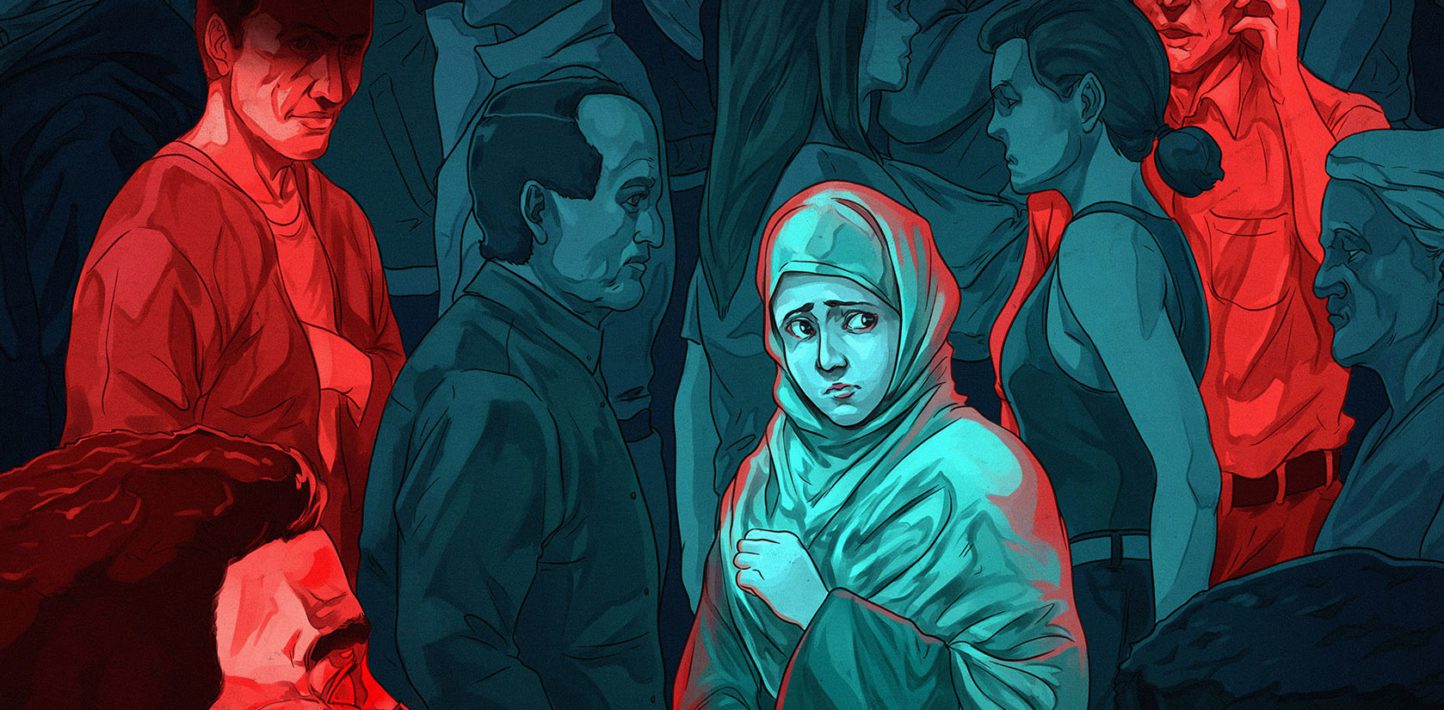Turkistan Times / Istanbul – May 5, 2025 – A recent report by the World Uyghur Congress (WUC) and related international investigations have revealed that the Chinese regime's oppression of Uyghurs is not confined to East Turkistan but is systematically expanding on a global scale. These reports detail the various nefarious methods employed by China to silence Uyghur activists, organizations, and voices of justice abroad, particularly highlighting its interference tactics on international stages and cyberattacks.
Polluting International Forums and Silencing Just Voices Through Puppet Organizations
According to the reports, the Chinese government systematically infiltrates international platforms like the United Nations (UN) with puppet groups known as "Government-Organized Non-Governmental Organizations" (GONGOs), which it establishes and financially supports. The primary mission of these fake organizations is to control UN human rights mechanisms from within – including forums such as the Human Rights Council (HRC), Special Procedures, and the Universal Periodic Review (UPR) – obstruct the activities of genuine civil society organizations, especially the World Uyghur Congress (WUC), overtly and covertly surveil, intimidate, and threaten their representatives, and whitewash China's genocide and crimes against humanity against Uyghurs, thereby preventing the international community from understanding the true situation.
Activists, including WUC Vice President Zumretay Arkin and Executive Committee Chairman Erkin Zunun, testify that Chinese representatives and their proxies directly surveil and photograph WUC members during UN meetings, pressure diplomats who meet with them, and even attempt to cancel meetings by sending official "diplomatic notes." A report by the International Service for Human Rights (ISHR) corroborates these findings, indicating that China has been systematically excluding independent voices from international forums since 2018, severely undermining the effectiveness and credibility of the international human rights system. Such acts of intimidation and reprisal persist against numerous activists, such as former WUC President Dolkun Isa.
Targeting and Disrupting Activists Through Systematic Cyberattacks
Another significant form of China's global repression involves large-scale and highly sophisticated cyberattacks targeting Uyghur activists and organizations. The report highlights that cyber espionage groups, identified as having direct links to the Chinese government, have targeted high-level WUC leaders. A typical example of these attacks involved the distribution, starting in May 2024, of spyware hidden within a fake update for "UyghurEditPP," a free software widely used among Uyghurs. This malware was disseminated through emails misusing the names of partner organizations. Once installed, it granted attackers remote control over victims' devices (computers, phones) and the ability to steal their information.
WUC Executive Committee Chairman Erkin Zunun stated that his personal and work accounts have been subjected to multiple, systematic cyberattacks involving malicious "Trojan horse" links. The objective of these attacks is not only to inflict technical damage but also to deliver severe psychological blows to activists, create constant security anxiety, and cripple their activities. The conversion of tools meant to serve Uyghur culture into instruments of espionage and harm against their own people is another stark manifestation of the Chinese regime's malice and immorality.
International Investigations Reveal the Global Scale of Repression
An in-depth investigative report titled "China's Repression Mechanisms," led by the International Consortium of Investigative Journalists (ICIJ) in collaboration with reputable media outlets in numerous countries (including Germany, Ireland, the US, and France), proved that these actions are not isolated incidents but a systematic, state-orchestrated campaign spanning the globe. Based on testimonies from over 100 victims in 23 countries and leaked government documents, this investigation demonstrated that China's repression network extends from the UN building in Geneva to various European cities. It showed that China employs diverse malign tactics—including cyberattacks, surveillance, intimidation, threats, and applying pressure through relatives back home—against Uyghur, Tibetan, Hong Kong, and Chinese dissidents in exile. These investigations once again declared to the world the vast scale and ruthlessness of China's "transnational repression."
In conclusion, the World Uyghur Congress's report and related international investigations present irrefutable evidence that the Chinese regime systematically and ruthlessly employs puppet organizations, cyberattacks, and other transnational pressure tactics to suppress Uyghurs and their rightful voices globally. These actions pose a grave threat not only to the effectiveness and credibility of international human rights mechanisms but also directly endanger the safety and freedom of Uyghurs living around the world. It is crucial and urgent for the international community to respond strongly to these exposed crimes, hold China accountable, and implement concrete and practical measures to protect Uyghur activists abroad.

